-
About
- About Listly
- Community & Support
- Howto
- Chrome Extension
- Bookmarklet
- WordPress Plugin
- Listly Premium
- Privacy
- Terms
- DMCA Copyright
- © 2010-2025 Boomy Labs


Listly by alexarivera
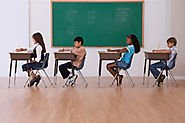
Grade retention is a practice where a student repeats a particular grade, allowing them to improve and grow in several key academic and social areas.

Your first grader is in the middle of a tea party with six of her stuffed animals. It seems to be going well, despite a recent argument between the stuffed giraffe and his zebra stepbrother. You are enjoying eavesdropping on the dialogue as you clean up the dinner dishes, but it’s time for homework. You dutifully get your child set up at her study spot and redirect her attention to a worksheet of math facts. “I hate homework!” she wails, after an hour of struggle and avoidance. Exhausted and frustrated, you are inclined to agree with her.

Choosing between an academic and a play-based preschool for your child is, for some parents, simple. But for many others this decision is impossibly hard.

The American Heart Association suggest that children two years and older should be in motion with moderate-intensity for 60 minutes a day. That means an hour every day of jumping, running, kicking, playing and racing around. But a recent three-year study of nearly 8,000 children showed that only about five percent are physically active for an hour every day.

The amount of children affected by depressions and stress is alarming. Too much promotion and activities aren't good for the development of your child.

Block scheduling is a method of restructuring schools to give a student more time in each class during a day. Learn about the pros and cons.

StarrPoints: Zero-tolerance policies damage more children than the weapons they purport to protect them from.

Help your students understand the perspectives of other people with these tried-and-tested methods.

Find out more about the pros and cons and how states implement the four-day school week.

Class size is one of many factors to consider when choosing or evaluating a school.

Some research suggests that extracurricular activities can benefit all students. John H. Holloway, a consultant with the Educational Testing Service, explains those benefits for Education World. Included: An extensive list of online resources for explo...

This post by Elissa F. Brown, director of the Hunter College Center for Gifted Studies and Education and program coordinator of Hunter College’s Advanced Certificate Program in Gifted Education, was originally published in Edutopia.

When is a B really an A? When you live in a school district with high academic standards and tough grading policies, according to some Connecticut parents who want their kids to get more A's. Those parents blame the school district's high standards for...

An effective green cleaning plan is collaborative and requires initiative—especially in facilities like schools with a variety of stakeholders.

It's not Christian fundamentalism or anti-government libertarianism—it's a partnership between public schools and families.
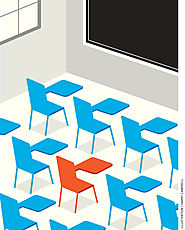
The model of special education known as inclusion, or mainstreaming, has become more prevalent over the past 10 years, and today, more than 60 percent of all students with disabilities (SWDs) spend 80 percent or more of their school day in regular classrooms, alongside their non-disabled peers (see Figure 1). This is not the full inclusion favored by some disability advocates, wherein all SWDs would be educated in inclusive classrooms all day; however, many supporters celebrate the increasing acceptance of differently abled students in general education as an opportunity to improve the academic and long-term trajectories of these traditionally underserved learners. In theory, inclusion provides SWDs with access to the grade-level curriculum and the same educational opportunities as their peers.

Does it pay off to hold back a kindergarten-eligible child for a year before starting school?

Administrators, teachers, parents, and other public figures have voiced their opinions about multicultural education. But a survey by the Metropolitan Life Insurance Company has asked studentswhat theythink about multiculturalism in their schools.
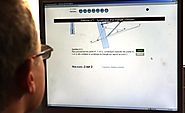
In a recent survey, almost 80% of young people said they've taken an online course. Is this the future of education?

When did America decide preschool should be in a classroom?
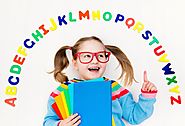
At Athlos Academies, student-led conferences take the place of traditional parent-teacher conferences. These conferences help students take ownership of their learning as they honestly reflect on their progress, discuss their successes and challenges, and set goals for the future.
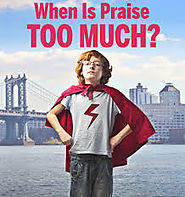
While it may seem innocent in the moment, overpraising can have adverse long-term effects on a child. Self-esteem isn’t about telling kids that everything they do is terrific. A real sense of self-worth is based on the skills they build for themselves and the true accomplishments they feel they’ve made.

Injecting lessons with a little humour can help students remember the key points and show them you’re more than a robot
Max Fischer is taking steps to transform his classroom into the differentiated model Carol Ann Tomlinson describes, but he's confronting some roadblocks along the way. How different, he wonders, will his classroom might look like a year from now...

No longer afraid of teaching values, many schools have added character education to their lesson plans.